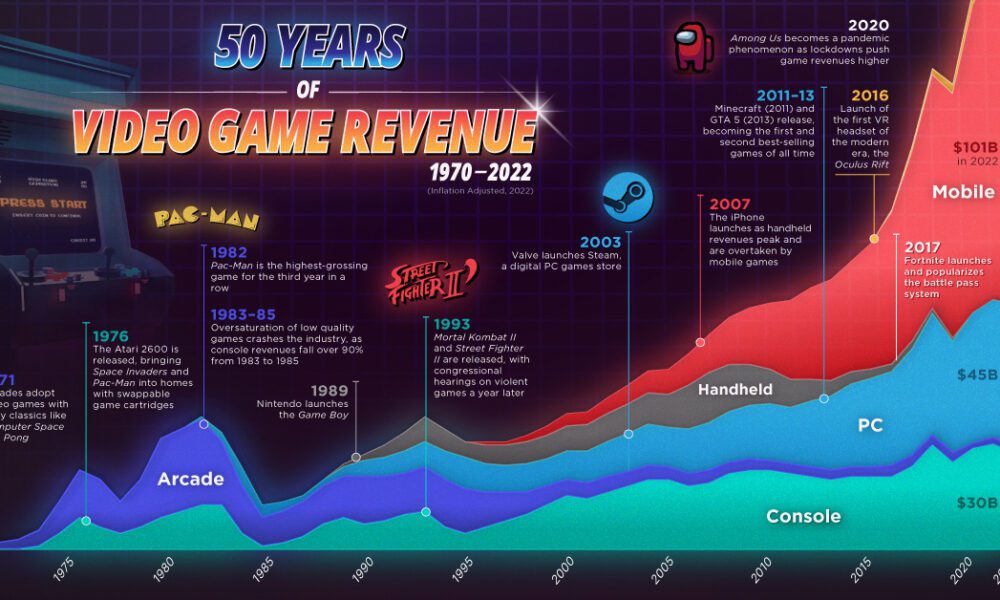I've been into gaming since I was a kid, and I often think about these stories I would hear about here and there about experiences certain teams had working on games back in the day.
Often times, it feels like there's a certain "quality" to older games that isn't really present in a lot of more modern games. I'll often speculate whether it's a product of games just being more ambitious, having access to more resources, whether it's simply modern tastes being different, or -- as I'm starting to wonder more frequently -- if it is related to what the teams *themselves* look like?
For examples, I read "The WoW Diary" last year, and it stood out how much Blizzard changed as a work environment over the years. It's undoubtedly a more professional workplace now (to say nothing of "all that shit" that came out over the past few years), but then that's only one man's experience, and it's easy to apply that lens to other developers, whom you know nothing about.
But similarly, I remember hearing a story from Bungie that after one of the first three Halo games came out, they wound up meeting up with a ton of fans and having a house party. The stuff of nightmares for anyone working in HR or PR, but I wonder sometimes if that doesn't speak to a deeper, more fundamental difference with a lot of modern developers?
I'd just really be interested in hearing some of the experiences of those who've worked in the Gaming industry at any point over the years. Whether your experiences were just at a certain point, or if you've been in the industry for long enough to be able to say in which ways it has (or maybe hasn't) changed over the years. Was it always "just a job" for you? Did it feel like "hanging out with your friends" when you were developing games? Did it feel "corporate" like any white-collar job does today? Or even those working on games today, how professional does your work environment seem? Do you feel like you have the freedom to pitch ideas, even outside of your specific purview, or do you feel pressure to "stay in your lane" and only worry about what you specifically are tasked to work on?
Often times, it feels like there's a certain "quality" to older games that isn't really present in a lot of more modern games. I'll often speculate whether it's a product of games just being more ambitious, having access to more resources, whether it's simply modern tastes being different, or -- as I'm starting to wonder more frequently -- if it is related to what the teams *themselves* look like?
For examples, I read "The WoW Diary" last year, and it stood out how much Blizzard changed as a work environment over the years. It's undoubtedly a more professional workplace now (to say nothing of "all that shit" that came out over the past few years), but then that's only one man's experience, and it's easy to apply that lens to other developers, whom you know nothing about.
But similarly, I remember hearing a story from Bungie that after one of the first three Halo games came out, they wound up meeting up with a ton of fans and having a house party. The stuff of nightmares for anyone working in HR or PR, but I wonder sometimes if that doesn't speak to a deeper, more fundamental difference with a lot of modern developers?
I'd just really be interested in hearing some of the experiences of those who've worked in the Gaming industry at any point over the years. Whether your experiences were just at a certain point, or if you've been in the industry for long enough to be able to say in which ways it has (or maybe hasn't) changed over the years. Was it always "just a job" for you? Did it feel like "hanging out with your friends" when you were developing games? Did it feel "corporate" like any white-collar job does today? Or even those working on games today, how professional does your work environment seem? Do you feel like you have the freedom to pitch ideas, even outside of your specific purview, or do you feel pressure to "stay in your lane" and only worry about what you specifically are tasked to work on?



